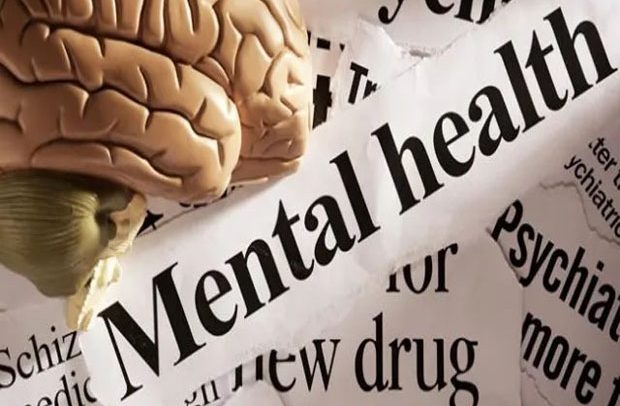Of a population of 31 million or so, Ghana has three mental health facilities, with 61 psychiatrists at her disposal.
The foregone underscore the inadequacies mental health management is suffering in this country. To think that the situation is what it is ten years following the enactment of the Mental Health Act, makes us wonder the effort was not all a leap-service to the subject.
The fact that there has been improvement somewhat in the past years, however, miniscule calls for measured plaudits nonetheless.
Juxtaposing the strides made so far in medicine vis-a-vis infrastructure with mental health, the latter does not come near the former.
That is the worry especially, when mental health challenges like other medical conditions are prevalent and manifesting in varying forms.
The issue about mental health is impacted by a large dose of ignorance in our circumstances. While for some, it is seen as lifestyle conditioned for others, it is superstition-driven. With this kind of mindsets prevalent in our societies, the role of psychiatrists in managing mental health requires much more, which is what the state should be providing as essential impetus.
There are many people who require mental health interventions but because such persons and the community they live in are in denial of such conditions, the subject is left unmanaged.
A few months ago, there was an incident at the Kwame Nkrumah Circe of Accra when a lunatic killed a man. Perhaps if the facilities existed sufficiently for managing mental health cases, that lunatic would have been in one of them receiving intervention and far away from causing fatality. The few psychiatric facilities in the country are inundated with cases and are unable to admit more patients under the circumstances.
There have been many instances of mental challenges leading to patients killing their wives or vice versa and even committing suicide, homicides which are clearly the result of untreated mental challenges.
Last week, a man climbed a high tension pole at Kasoa and according those who heard him, he said he was fed up with the hardship in the country. A man who followed him so he could stop him from proceeding with his suicide bid via the high tension cables, gave up and within seconds, he was dead.
For a man to embark upon such a mission, suggests a mental health problem, symptoms of which were obviously manifesting in myriad forms. Observant family members or friends could have noticed the unusualness and raised alarm so an intervention would have been carried out.
All said, mental health is real and manifesting in many people in varying forms, post partum being one of them.
We must, therefore, consider treating mental health as much as we do medical management by providing the relevant authority the necessary logistics it requires, to function efficiently and sufficiently.


